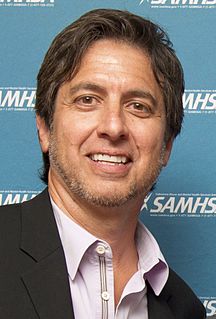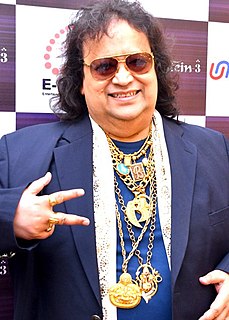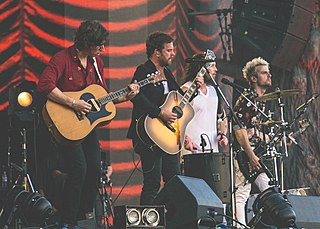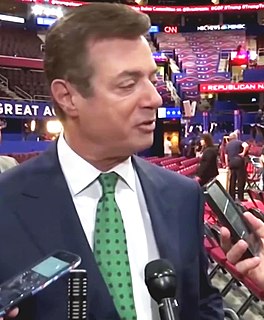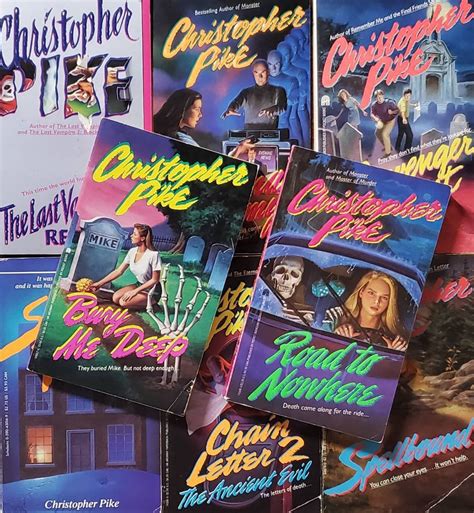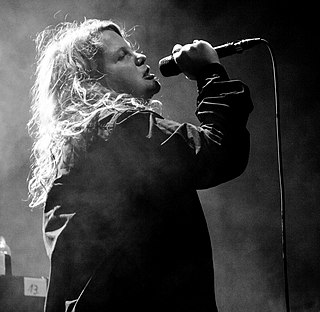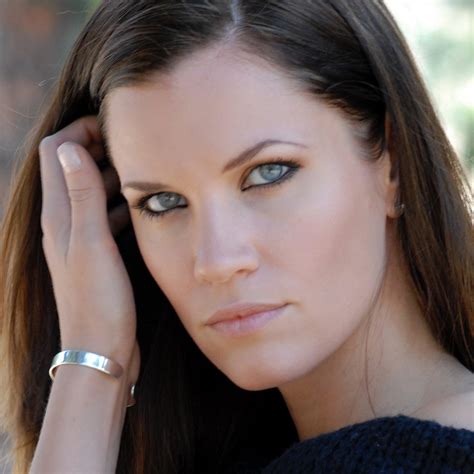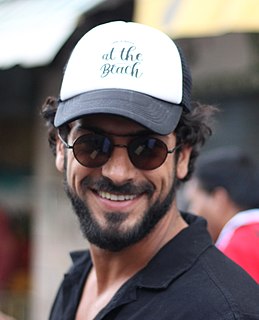A Quote by Frank Gehry
My father always told me that I was going to be a failure - I think he was more talking about himself, but I didn't know it at the time.
Related Quotes
I was about 20 when my mom got sick with cancer and it was bad. It was very scary and at the time I was doing my first screenplay and I was on deadline and was alone with my father in Massachusetts. I said, "Pop, you know, I don't how I'm going to work. I don't know how I can get this done. You know, I got to hand this script in and I can't think about anything but Mom." He said, "Well, you know, now is the time when you're going to learn what it means to compartmentalize." And those words really had an impact on me.
I don't think so much about verbal comedy. I always think about visual comedy. I was raised watching silents, and I'm always thinking about how to make cinema, not good talking - although I want good talking. I'm much more interested in framing, composition, and orchestration of bodies in space, and so forth. My goal is always what Chuck Jones wanted his Warner Brothers cartoons to be, which was if you turn down the sound, you could still tell what's going on. I think if you watch most of my films with the sound off, you could still tell what's going on.
Trump is an outsider; maybe you don't know. So he is sitting in a room: he is talking business, he is talking politics - in a private room, it's a different persona. When he's out on the stage, he is talking about the kinds of things he's talking about himself; he's projecting an image that's for that purpose.
My father told me, "Don't do anything that would bring shame to the family." I was always mindful of that. When I told him I wanted to pursue a career as an actor, my father said, "Look at what you see on television at the movies, is that what you want to be doing? Do you want to make a life out of that?" And I said, "Daddy, I'm going to change it".
I always think about visual comedy. I was raised watching silents, and I'm always thinking about how to make cinema, not good talking - although I want good talking. I'm much more interested in framing, composition, and orchestration of bodies in space, and so forth. My goal is always what Chuck Jones wanted his Warner Brothers cartoons to be, which was if you turn down the sound, you could still tell what's going on.
I know I'm a grumpy old man, but I'm always more delighted by readers talking about the actual comics than people talking about how eager they are to have their favorite comics be "elevated" into another medium. Adaptations are great, but for me, comics have always been the destination, not a stepping-stone to get somewhere else.
The minute you finish a piece of writing it doesn't belong to you, you don't write it any more, it belongs to you, the reader, the listener, the audience. So the less you know about whether or not this is me talking about my life or this is me talking about your life, I think the better. Then it can belong to you and it can live outside of the moment in which it was conceived.
I don't think he was knowable. I mean, when most people talk about knowing somebody a lot or a little, they're talking about the secrets they've been told or haven't been told. They're talking about intimate things, family things, love things," that nice old lady said to me. "Mr. Hoenikker had all those things in his life, the way every living person has to, but they weren't the main things with him.
Nobody told me there was any idea for a sequel to 'The Exorcist.' But my agent called me to tell me they were going to do it, and there was a part for me. I said, 'But I died in the first film.' 'Well,' he told me, 'this is from the early days of Father Merrin's life.' I told him I just didn't want to do it again.
I don't think anything surprised me. It was very hard for me, this story, The Snack, as a father. I have family in the army in Israel, I know families that lose their children, and I think this is the most hard thing, is faith. Because what happens after death is always belief, it's always something that you don't have any answers about, and I think the movie helps you to understand that death is part of the life. It makes it more natural.

